North and South Carolina Healthcare Power of Attorney
As a parent, you want to do everything possible to protect you and your family. That includes planning for the future, including appointing a healthcare power of attorney. In North and South Carolina, there are specific laws about healthcare POAs that you need to be aware of. Here's what you need to know.
A healthcare power of attorney (POA) is a legal document that designates one or more people to make healthcare decisions on your behalf if you become unable to communicate those decisions yourself. In North Carolina, a healthcare POA must be in writing, signed by you, and witnessed by two other adults.
Why You Might Need a Healthcare Power of Attorney
There are many reasons why someone might need to designate a healthcare POA. For example, if you are diagnosed with a terminal illness or suffer a traumatic brain injury, you may be unable to make your own healthcare decisions. If this happens, your healthcare POA will step in and make sure that your wishes are carried out.
Another common reason why people designate healthcare POAs is simply because they want to be prepared for the future. No one knows what tomorrow will bring, so it's always best to have a plan in place just in case something happens and you are unable to communicate your wishes.
Who Can Be Your Healthcare Power of Attorney?
In North Carolina, you can choose anyone over the age of 18 to be your healthcare POA, as long as that person is not your doctor or other health care provider. You can also name more than one person to act as your healthcare POA; however, it's important to note that each person you name will have equal authority when it comes to making decisions on your behalf.
What If You Don't Have a Healthcare Power of Attorney?
If you become incapacitated and do not have a healthcare POA in place, North Carolina law requires that your spouse make all decisions regarding your medical care. If you are not married or if your spouse is also incapacitated, then the decision-making authority will fall to your adult children. If you do not have any living relatives, then the court will appoint someone to act as your guardian.
A healthcare power of attorney is an important legal document that everyone should have in place, regardless of their age or health status. If you become incapacitated and cannot communicate your own healthcare wishes, having a designated healthcare POA ensures that your wishes will be carried out according to your specifications. To learn more about how to set up a healthcare POA in North Carolina, contact an experienced estate planning attorney today.
